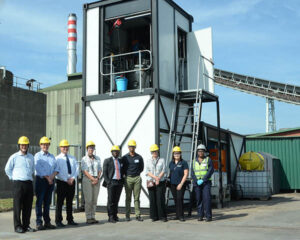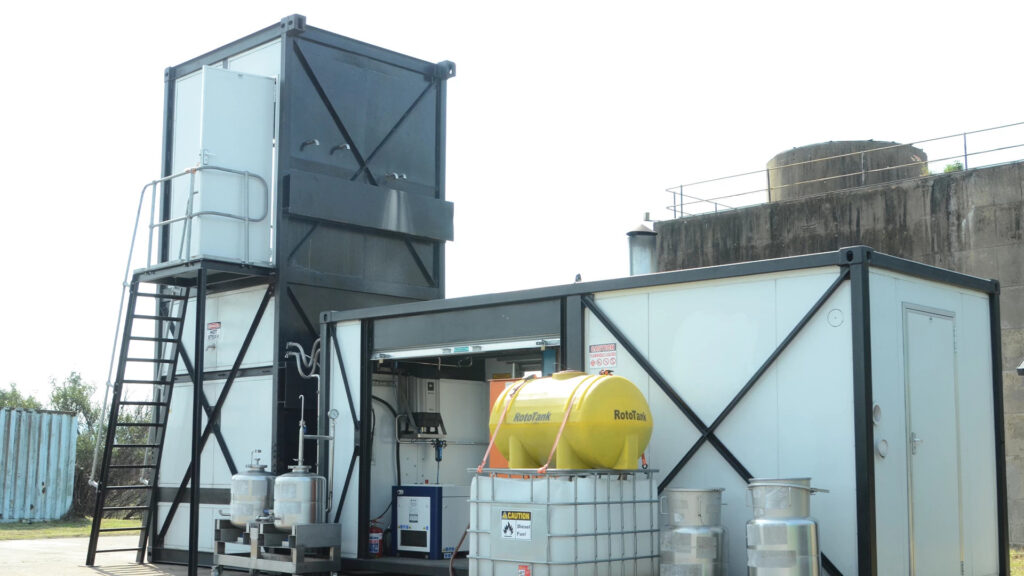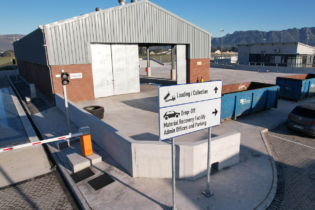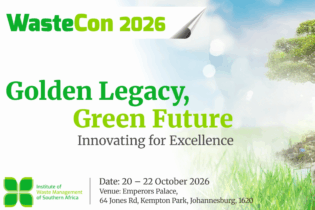We have the waste, and now we have another solution for it. Converting cellulose fibre-rich waste from pulp and paper mill operations into ethanol using a specialised fermentation process. Ethanol is a versatile starting material used in industrial chemicals, bio-based plastics and sustainable aviation fuel.
The breakthrough
Government officials, media and industry partners at Sappi Tugela mill in Mandini, KwaZulu-Nata were all present at the unveiling of a demonstration plant, co-funded by the Department of Science and Innovation (DSI) and the Paper Manufacturers Association of South Africa (PAMSA). This project comes together through a collaboration between the Paper Manufacturers Association of South Africa (PAMSA), Stellenbosch University (SU), Sappi Southern Africa and Mpact.Less waste, more space
Diverting solid waste away from landfills has been the priority of effective waste management for some time, so this new process is a breakthrough that works with ongoing projects to ensure the future of waste management in South Africa. Paper sludge is a solid waste with a high moisture content. It comes from the production of paper using virgin wood fibre and/or recycled paper collected from the paper mill wastewater treatment systems.“This technology started as a research project and thesis by one of our Masters in Engineering students and today we have a South African first. Bioethanol comes with many environmental credentials and further contributes to the circularity of the pulp and paper sector,” explains Jane Molony, PAMSA executive director.









